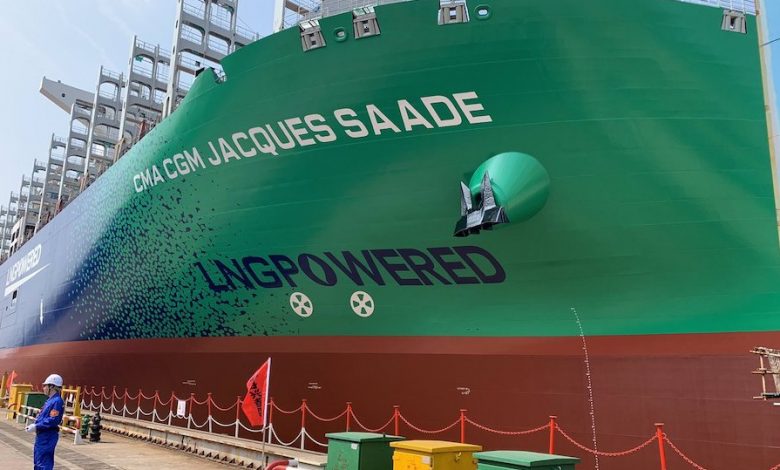Shipping is a drug. Just say no

There’s absolutely no need to order new ships this year or next, argues Charlie Du Cane, commercial director at Seastar Maritime.
One of the advantages of working for a small company is that one gets to do everything from make the tea to take the decisions that matter, or at least be involved in them, and everything in between. In the build-up to the existential crisis that struck shipping in 2016 I was a medium-sized commercial cog in a very large machine, and frankly didn’t see it coming. Equally the early rounds of IMO 2020 passed me and many chartering managers by as it was an issue handled initially by senior management and technical departments. Luckily the most interesting challenge shipping has faced in my decade and a half in the business cannot pass me by because, as one of a team of four that does everything for our little fleet, there is no one else for it to bypass.
This time I am paying attention, and what I see concerns me especially when you set it in the context of the current spikes in bulk and container shipping. We are possibly in the first half of a period of stronger markets in shipping. Unlike the supercycle of 2003 to 2008 this is not being caused by the emergence of an economic superpower like China, but rather by several years where much potentially shipping-focussed capital, battered as it has been by the decade-long depression that followed that earlier bonanza, has remained unallocated (at least in shipping). The result – a firming market that has been anticipated for several years, but has surprised everyone in its intensity.
Of course, this has begun to affect the prices for secondhand vessels, which have firmed sharply in recent months. Traditionally we would begin to see owners pile in to newbuildings around about now in the cycle. The only barrier to that ordering is that 2023 is fast approaching, by when the industry will need to have a clear roadmap in place for how it is reducing carbon emissions by at least 30% between then and 2030.
This is a decade of transition and accompanying confusion
This gets to the heart of my argument – this barrier should be seen as, at least temporarily, insurmountable for owners whose instincts are to speculate now because the market is booming. Why? Even if we can see that the end will most likely be some kind of ammonia-based solution, it is not clear how we are going to get there and any investment in interim solutions such as dual-fuel runs not only the normal risks of mistiming the market, but also misallocating capital to a technology that becomes redundant or uneconomic before it has had a chance to fulfil a lifetime of earnings.
To those looking at retrofitting existing ships with various technologies to reduce carbon emissions, I say bravo, because, you are spending today to protect and enhance the remaining earning potential of a vessel already on the water. On the other hand, to anyone ordering a newbuilding on a speculative basis, and with a ‘transitional’ propulsion like dual fuel or LNG, I hope I am wrong, but I think you are nuts. The boss of CMA CGM, who is ordering such units for actually quite good commercial and ESG reasons, summed it up when he admitted that such ships “may not be the ships of the future”. We can go further and say that they may quite quickly become expensive commercial anachronisms – consigning precious capital to the literal and metaphorical scrapyards of history.
Getting involved in shipping can be a heady but addictive drug, especially when times are good. To anyone thinking of ordering ships now I have a simple message: in this decade of transition and accompanying confusion, unless you really have to, just say no.

All true, Charlie.
But you know just how effective those “Just say “No!” to drugs!” signs at the side of the road are.
Most investors in shipping are assuming that they can “get away with” ordering either a heavy fuel powered or a methane powered ship and that they will be able to recover their investment before their asset becomes stranded.
Which means that an investment in yesterday’s ship will be accompanied by a modest scattering of largesse in the direction of those who make the rules in order that, as Saint Augustine observed, they may be “made virtuous, but not yet!”